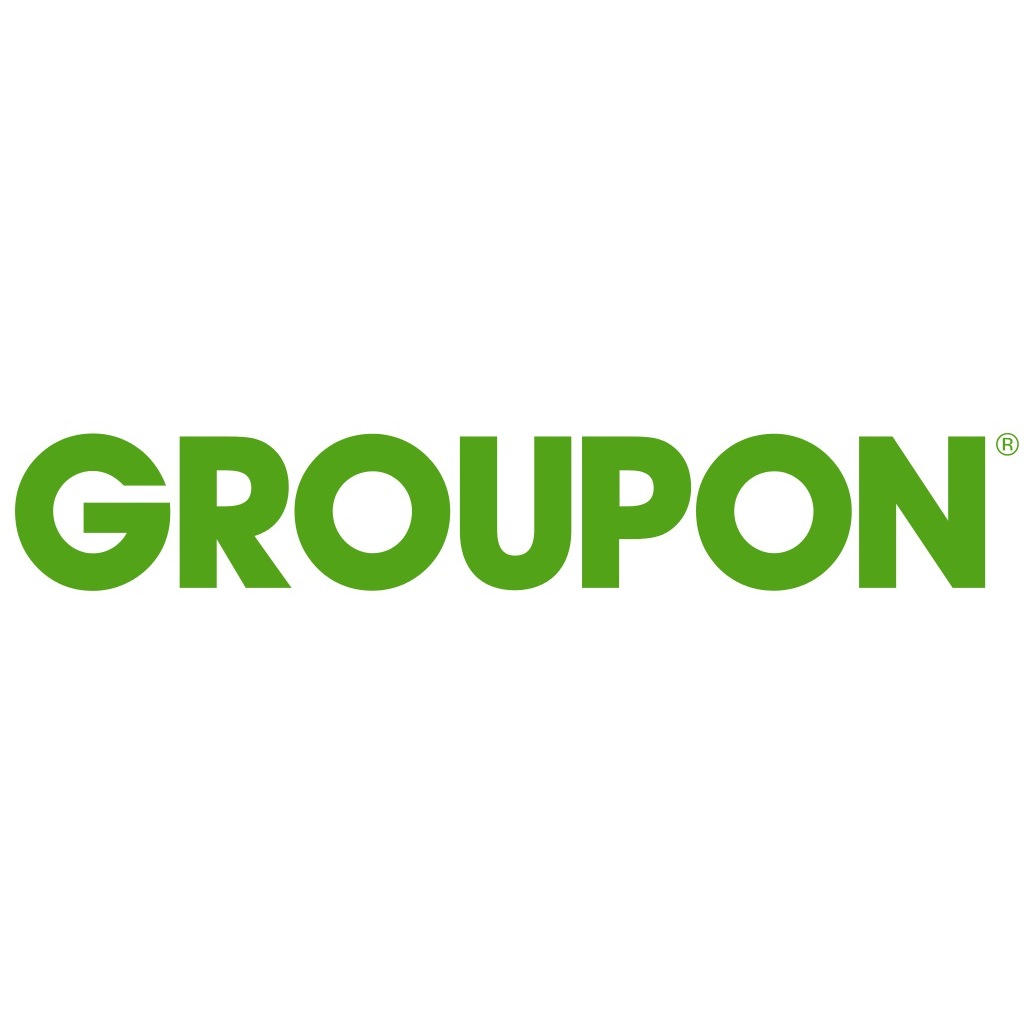Retail
Alphabet, Amazon, Wal-Mart, eBay: Who Might Buy Groupon?

Published:
Last Updated:

Five years ago, Groupon Inc. (NASDAQ: GRPN) turned down a $6 billion buyout offer from Google, now Alphabet Inc. (NASDAQ: GOOGL). Less than a year later, the company staged an initial public offering that valued it at just shy of $13 billion, seemingly justifying its reluctance to sell to Google at less than half that price.
From there, however, things went downhill. The company has failed to turn a profit in any of its full-year operations since going public, and market sentiment has soured considerably. Groupon now trades at $2.60 a share, giving the company a market cap of just $1.52 billion.
All is not lost, however. The platform’s active user base, defined as customers that have purchased a voucher or product within the last 12 months, has grown from 9 million at the time of the Google offer to 48.6 million at the end of September 2015. Full-year revenues are expanding year on year, and a strong final quarter in 2015 will hopefully continue that trend. These improvements with a falling valuation paint the company as an attractive buyout target. A company that can integrate Groupon’s network with its own may be able to tighten up annual net losses, while bolstering its own operations.
So, who fits the bill?
The obvious first choice is Alphabet. Alphabet launched its own offers and daily deals platform on May 26, 2011, just five months after Groupon turned it down, but the platform never really caught on. It was shut down as of mid-2014, and Alphabet once again has the need for a network of individuals looking for local deals. Groupon has close to 50 million active users, and even if Alphabet was to pay a 30% to 40% premium for Groupon, it would still be getting the company for one-third of its 2010 offer.
Further, Groupon has almost $1 billion in cash on hand, which makes the deal even cheaper. With $73 billion on its books waiting for allocation, that would amount to a $1.2 billion acquisition taking Groupon’s cash into account. That would not break the bank, and could kick-start an area of Alphabet’s operations in which it has struggled to date.
There are a few other names that make viable suitors: brick-and-mortar retailers such as Wal-Mart Stores Inc. (NYSE: WMT) or online retailers such as eBay Inc. (NASDAQ: EBAY), could both benefit from Groupon’s network of active users. Even Facebook Inc. (NASDAQ: FB), which relies heavily on targeted marketing for its revenues, wouldn’t be a surprising buyer, for much the same reasons that Alphabet would benefit from Groupon’s users.
In the end, active users is what it all comes down to. Alphabet and Amazon both failed in the space because they couldn’t build an active user base, and in turn couldn’t justify the expense. For a couple of billion dollars, any of these companies can pick up the network of users they tried and failed to build – for someone at least, that seems like a very good deal.
Let’s face it: If your money is just sitting in a checking account, you’re losing value every single day. With most checking accounts offering little to no interest, the cash you worked so hard to save is gradually being eroded by inflation.
However, by moving that money into a high-yield savings account, you can put your cash to work, growing steadily with little to no effort on your part. In just a few clicks, you can set up a high-yield savings account and start earning interest immediately.
There are plenty of reputable banks and online platforms that offer competitive rates, and many of them come with zero fees and no minimum balance requirements. Click here to see if you’re earning the best possible rate on your money!
Thank you for reading! Have some feedback for us?
Contact the 24/7 Wall St. editorial team.